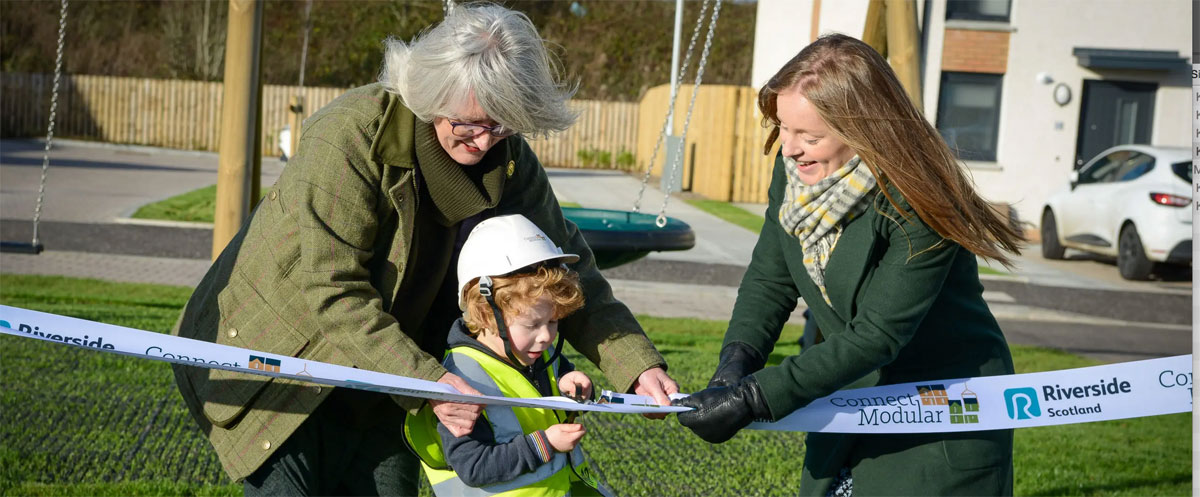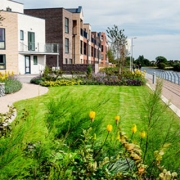Luxury bespoke homes are those that stand out from the crowd – a place that is truly unique and the team behind Agilitee have made their name in providing impressive houses on the market.
However, from the outside you would not be aware that the buildings all have something in common – they were built using Insulated Concrete Formwork (ICF).
Unlike many firms, project management-led construction company Agilitee specialises in using insulated concrete formwork, which uses a polystyrene formwork system to create highly insulated concrete houses.
“The decision to focus on this way of working was made because it is likely to form the beating heart of the construction industry in years to come,” said managing director Chum Narayan.
The company, which has a large portfolio of builds from residential to commercial, is keen to hear from architects, building designers, developers and builders who are interested in working with them and using this product.
“If you want your next project to be built to the highest standard with sustainability and energy efficiencies in mind then reach out to the team today.”
Working across the South of England, the Agilitee team specialises in a project-led approach, involved throughout the development ensuring the client gets what they want.
The company was named Homebuilder of the Year 2022 – South England in BUILD’s Homebuilder Awards 2022 – which highlights the best of the best within the homebuilding industry.
What makes ICF so special?
Widely used in Europe and North America, the modern construction method – integrating insulation materials like polystyrene, into the concrete formwork – is relatively new to the UK.
Energy efficient
Constructing using ICF ensures an airtight envelope and reduces the amount of energy required by up to 70 per cent compared to traditional methods creating much more sustainable longer-lasting buildings.
They are more energy efficient, thereby reducing ongoing costs of heating and cooling. It also helps reduce moisture and mould because of the airtightness of the system.
Those working or living in the properties will also have a more comfortable experience as it increases acoustic insulation, keeping out unwanted noise.
Agilitee has experience with many brands of ICF but prefers to use JACKON by BEWI. Mr Narayan said it was due to its strength, insulation quality, cost and cost-effectiveness. “We are finding that ICF has become the future of construction due to its many advantages,” he said.
Quicker builds
It is easier and quicker to build using ICF, as it saves steps in both the exterior and interior construction process. This could cut several months off construction time.
Rather than framing walls with studs, they are created using insulated concrete blocks that go together more like Lego. Being light and flexible it also lends itself to most styles of property design.
“Building regulations are on a path of improvement with the main goal of becoming ‘Future Homes Ready 2025’,” said Mr Narayan. “Building using ‘Jackon ICF’ enables Agilitee to reach and surpass these targets today.”
About Agilitee
Established in 2013 by Mr Narayan, the company has been involved in traditional, modern and luxury homes and is a member of the Federation of Master Builders – the UK’s largest trade association.
Its approach to business focuses on continuous improvement and innovation and it works hard to ensure the latest construction techniques, products and materials are applied to its projects in the most practical, efficient and commercial manner.
The team’s other specialism is in basements, with the firm providing the perfect solutions to ensure that these valuable spaces are as safe and secure as possible.
The team has become certified installers of waterproofing systems such as Triton, Delta and Sika as well as an experienced installer of cast concrete flooring systems.
“This commitment to growth in terms of what the team offers has been vital to securing success over the last few years,” said Mr Narayan.
“It’s a unique combination of skill, experience and commitment that forms the heart of what the Agilitee team is able to offer their clients.”
CLICK HERE To find out more about Agilitee and to get in contact with the team
Source: Kent Live


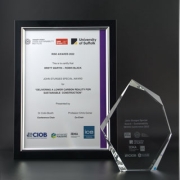

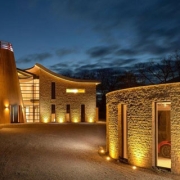



 Ainslie McLaughin, Chair of the Edinburgh Home Demonstrator Programme Project Board, said:
Ainslie McLaughin, Chair of the Edinburgh Home Demonstrator Programme Project Board, said:
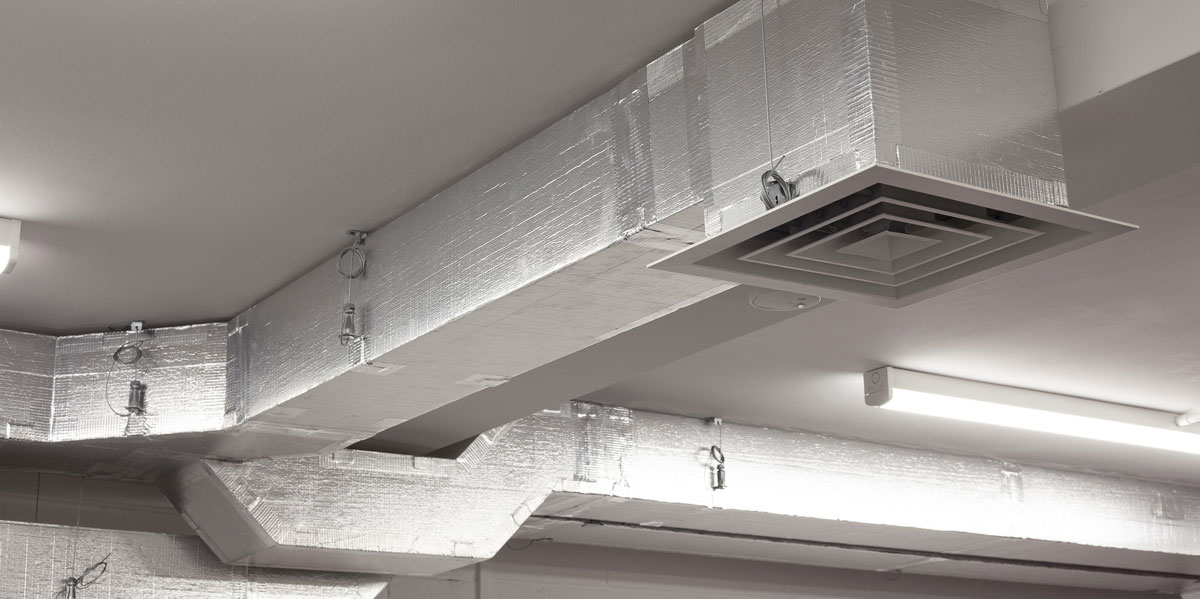
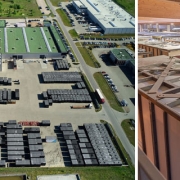
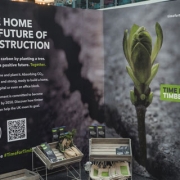
 The UK has set itself ambitious targets of reaching net zero by 2050, and if the carbon output of the construction industry is not addressed, this goal will not be met. As such, the use of structural timber represents our greatest opportunity for transitioning to a much more carbon efficient method of construction.
The UK has set itself ambitious targets of reaching net zero by 2050, and if the carbon output of the construction industry is not addressed, this goal will not be met. As such, the use of structural timber represents our greatest opportunity for transitioning to a much more carbon efficient method of construction.
